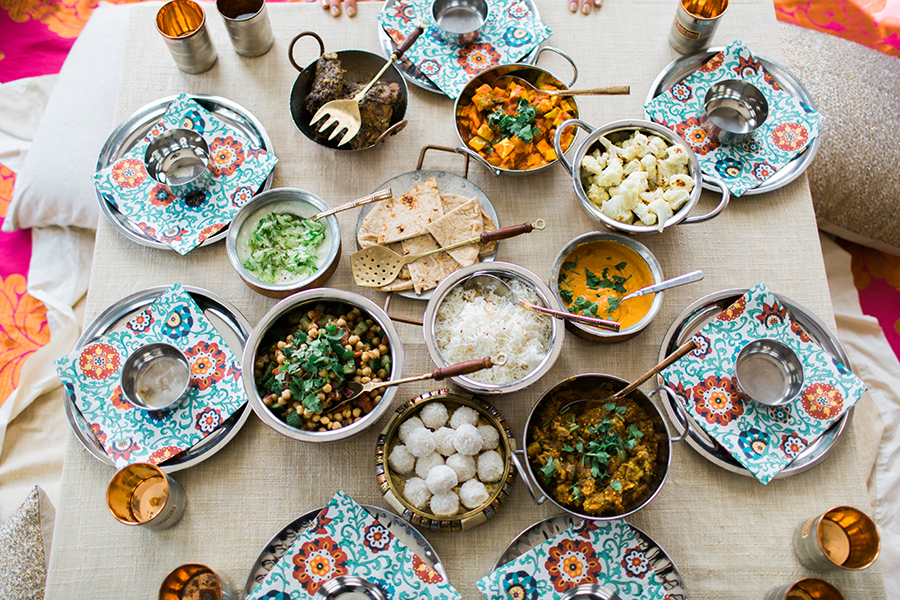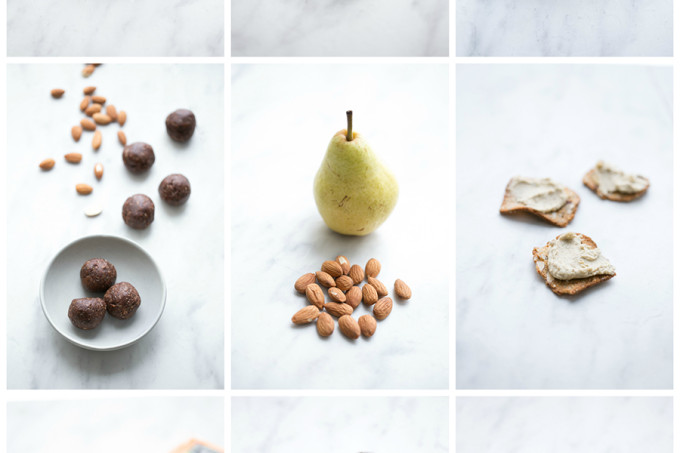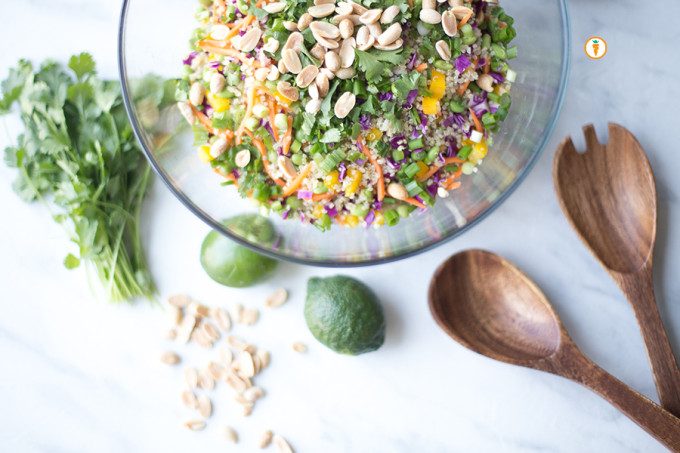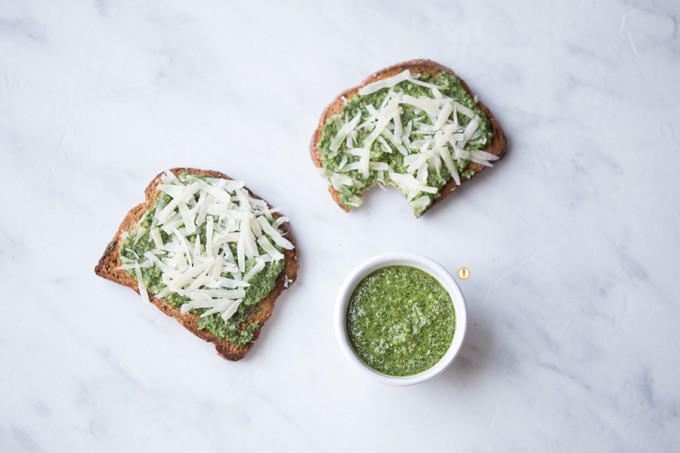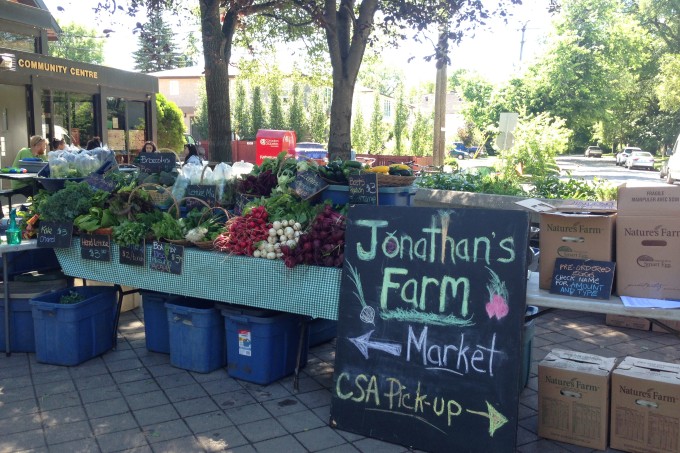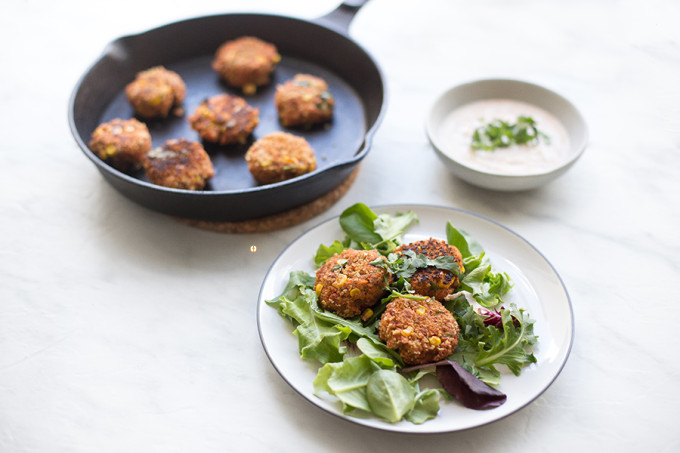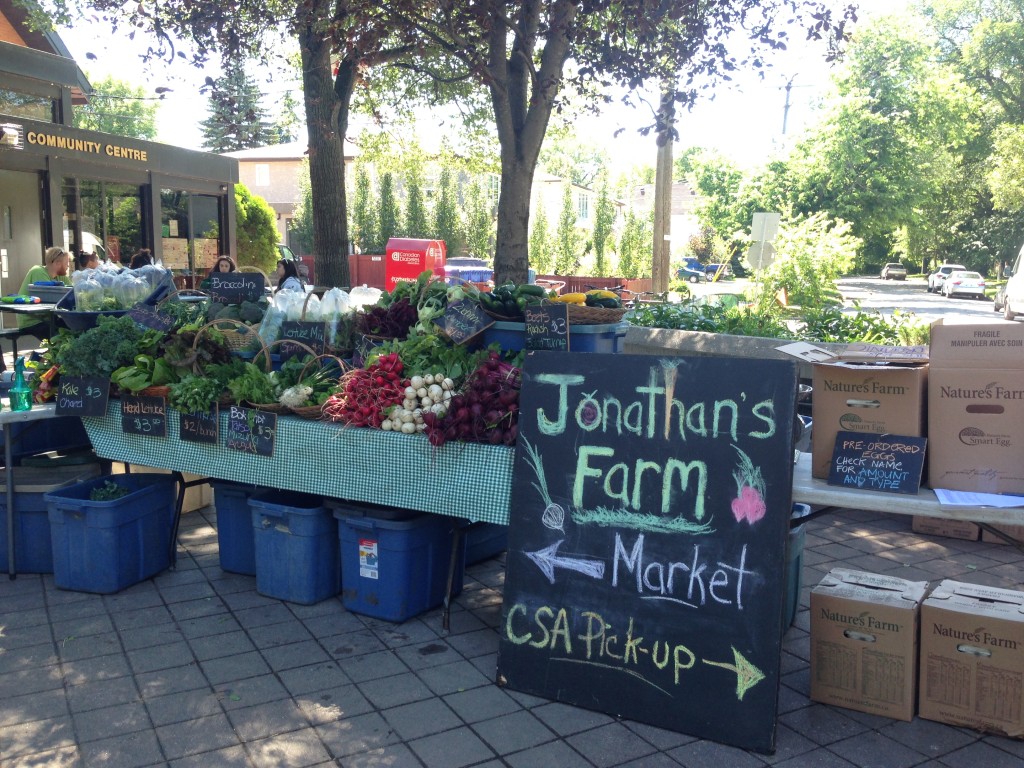
My weekly pick-up stop!
WORD OF THE DAY: lo·ca·vore
Ever heard of the word locavore? A dictionary will tell you that it’s used to describe a person interested in eating food that is locally produced and not moved long distances to market. One common – but not universal – definition of “local” food is food grown within 100 miles (160 km) of its point of purchase or consumption.
So what is CSA and what does it have to do with locavores?
CSA.. Hmm what does that stand for? Maybe you have an idea. It’s something about a farmer sending you a box of fresh veggies right? Oh maaaybe it stands for Canadian Shared Agriculture?! Close, but not quite. Turns out it stands for Community Supported Agriculture and it’s an internationally recognized concept! I’ve been quite curious about the whole scene for some time now but I am finally making a commitment and getting involved! Here’s my story on how it all went down:
Phase 1: Do the research
There is a ton of great information on CSAManitoba.org
CSA Manitoba recommends you ask a couple of key questions before you sign up. Here are a few that I wouldn’t have thought of myself;
- Do you provide recipes for less common produce? Some provide a weekly newsletter and recipes to help you make use of those veggies you may not have come across before (like, kohlrabi!)!
- Is the payment in full or split?
- May I visit the farm during the season?
The website has a very good FAQ page for other questions as well. I browsed the entire website and after a solid look I came to some conclusions.
Pros of a CSA box:
- It’s like a subscription to fruit and vegetables. That is sure to make you way healthier than Cosmo.
- Meeting farmers! Farmer’s feed the world, I’m sure they make great friends.
- The produce is usually picked the same day you receive it! This is a huge advantage as much of the produce we get in Canada travels far and wide. When fruits and vegetables have to travel from Florida, California or Mexico they are picked under-ripe so that by the time they reach our grocery stores they are perfectly ripe. Makes enough sense but that means that the produce is ripening in a dark cool crate instead of being in the sun, attached to plant where it can continue to receive nutrients.
- Strengthening the local economy. After all, you decide with your dollar.
- I’m also looking forward to being challenged by new produce, which I would most likely avoid in the store. Maybe I’ll get a fennel…or is it just fennel? What’s two fennel? Fennels? Feni?!
Cons of a CSA box:
- I can’t see any yet, I’ll keep you posted once the goods start rolling in.
Phase 2: Chose a farm.
CSAManitoba.org is also your go-to for this step.
Out of the 23 farms listed who offer the CSA program I decided on Jonathan’s Farm. Not only did I choose them because the drop off point is very close to my home but also because they farm according to organic standards and aim for sustainable Earth friendly agriculture. Now, I’m not 100% adamant on organic all the time, because I doe have bills to pay. But if I can grab a big box of organic veggies bi-weekly then I am not complaining. Plus Jonathan is an incredibly personable name so I already know he is a good guy.
Here are a couple of things that happen on Jonathan’s farm which contribute to sustainability of the land;
- Cover cropping; No, not like a green house where you cover up the crops, also not a crop blanket made by the crop’s grandma. Cover cropping is when the crops act as a blanket for the land. Which keeps the top soil from blowing away and wasting nutrients.
- Nutrient monitoring; A soil test which determines the amount of minerals and nutrients in the soil and allows the farmer to determine how to best supplement their fields.
- Crop rotation; Planting different crops on the same land each season. Different crops give and take different minerals from the soil. Changing from potatoes to wheat or barley to canola allows the earth to essentially be recycled over and over instead of depleted.
Okay, I think I’ve shared what I wanted for now. If this has peaked your interest, you can always visit Jonathan at the Wolsley Farmers’ Market on Tuesday’s from 3:30pm to 7:00pm at 980 Palmerston Ave. Stay tuned for a follow up post on my experience with my first CSA box this summer. Can’t wait!
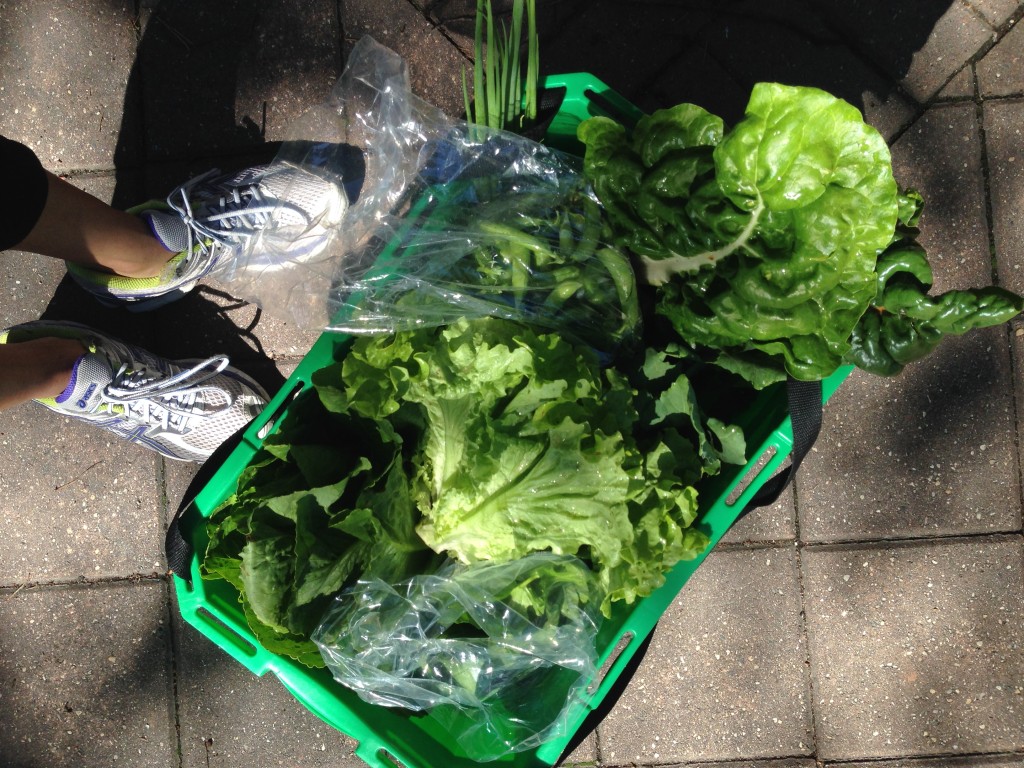
My loot from a few weeks ago: green leaf lettuce, romaine lettuce, peas, spinach, swiss chard, turnips, scallions, radishes, basil + more!
Please note the content of this post was written by 4th year Human Nutritional Sciences student Johanna Adriaansen. Johanna also maintains her own website and is an aspiring Dietitian!
Don’t forget to follow Carrots and Cake on Instagram to see tiny square snap shots of my life.
– With Love, Carrots and Cake,





